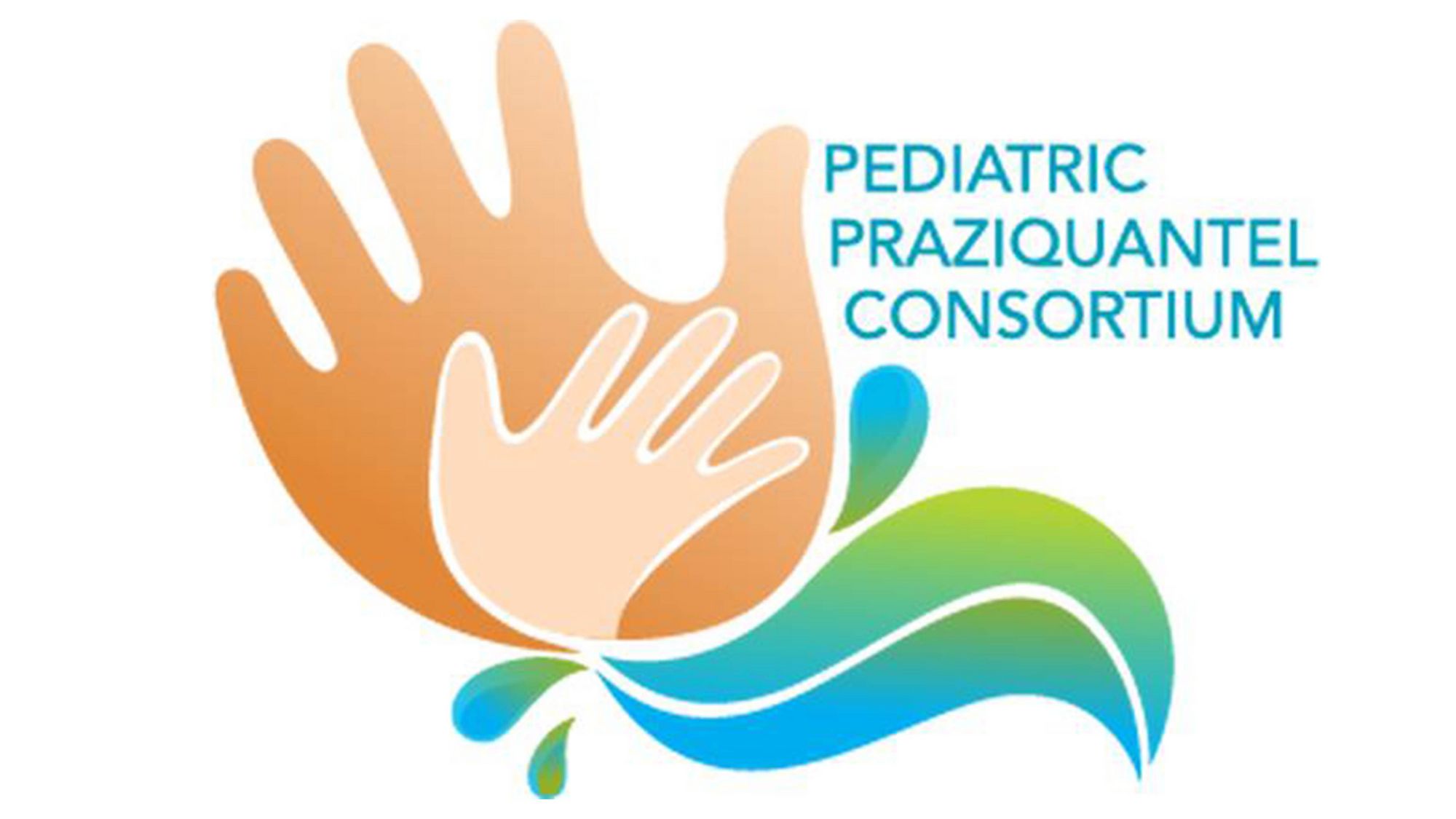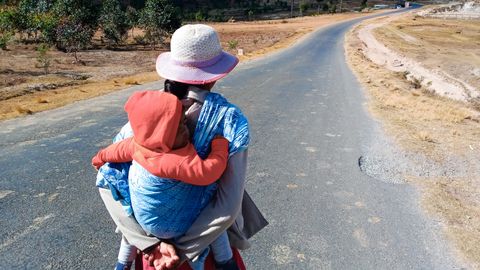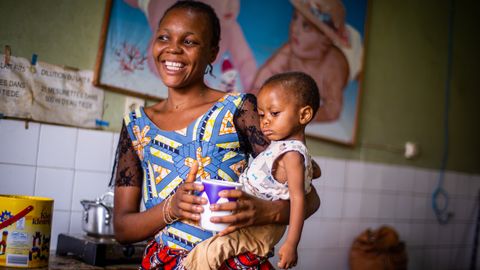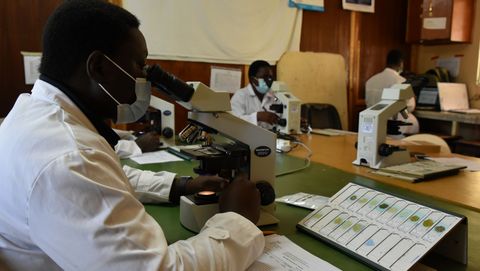Pediatric Praziquantel Consortium
Development of a suitable pediatric praziquantel formulation with proven safety and efficacy for treating schistosomiasis in preschool-aged children
Schistosomes, parasitic blood flukes, cause schistosomiasis, a chronic disease which can lead to anemia, severe damage of organs, reduced growth and, at worst, to death. Infection occurs if schistosomes larvae penetrate uncovered skin which is exposed to contaminated water. Therefore, this disease manly affects poor people living in rural agricultural and peri-urban areas. WHO estimates that at least 258 million people require treatment, and around 700 million people live in areas where the disease is common. More than 90% of cases occur in sub-Saharan Africa (GAHI). Thus, schistosomiasis poses one of the most prevalent tropical diseases with a large impact on public health and economy.
Today, the gold standard of treatment is praziquantel. Following the WHO-recommended control strategy, populations at risk receive regular praziquantel treatment. Unfortunately, this prophylaxis is only suitable for adults and school-aged children. Preschool-aged children are excluded from treatment programs since the drug is not registered below the age of 4 years and a child-friendly formulation is not available. The bitter taste of praziquantel often results in adverse reactions like vomiting. Therefore, a palatable, effective and safe praziquantel formulation stable in tropical environment to treat young children is absolutely required.

To achieve this goal, the Pediatric Praziquantel Consortium was established in 2012. Collaborating partners Merck (Germany), Astellas Pharma Inc., Swiss TPH and Lygature, and since early 2014 Farmanguinhos and Simcyp, form a non-profit, innovative partnership and provide expertise from many different fields.
Together, they developed a full clinical programme for a new formulation of praziquantel. Preclinical and clinical activities as well as access strategies were defined. A phase II dose-finding study was conducted in Côte d’Ivoire from 2016 to 2018 in S. mansoni-infected children of different ages (range 3 months to 6 years). The study confirmed the formulation (arpraziquantel 150mg) and the dose to be followed by the Consortium until registration. Arpraziquantel, derived from praziquantel, is a dispersible tablet. It was developed by Astellas Pharma Inc. in Japan, then optimised by Merck in Germany and transferred to Farmanguinhos in Brazil for clinical manufacturing. The new tablet is small, has appropriate taste characteristics, can be taken with or without water and withstands the hot and humid challenges of a tropical climate.
The pivotal Phase III trial of arpraziquantel in Côte d'Ivoire and Kenya was completed in November 2021.
In December 2023, arpraziquantel received positive scientific opinion by the European Medicines Agency for the treatment of schistosomiasis in preschool- aged children. In May 2024, WHO included the new pediatric treatment option for preschoolers with schistosomiasis in its list of prequalified medicines.
The Pediatric Praziquantel Consortium is financially supported by Merck and received grants from the Bill & Melinda Gates Foundation, the European and Developing Countries Clinical Trials Partnership (EDCTP) and the Global Health Innovative Technology Fund.


